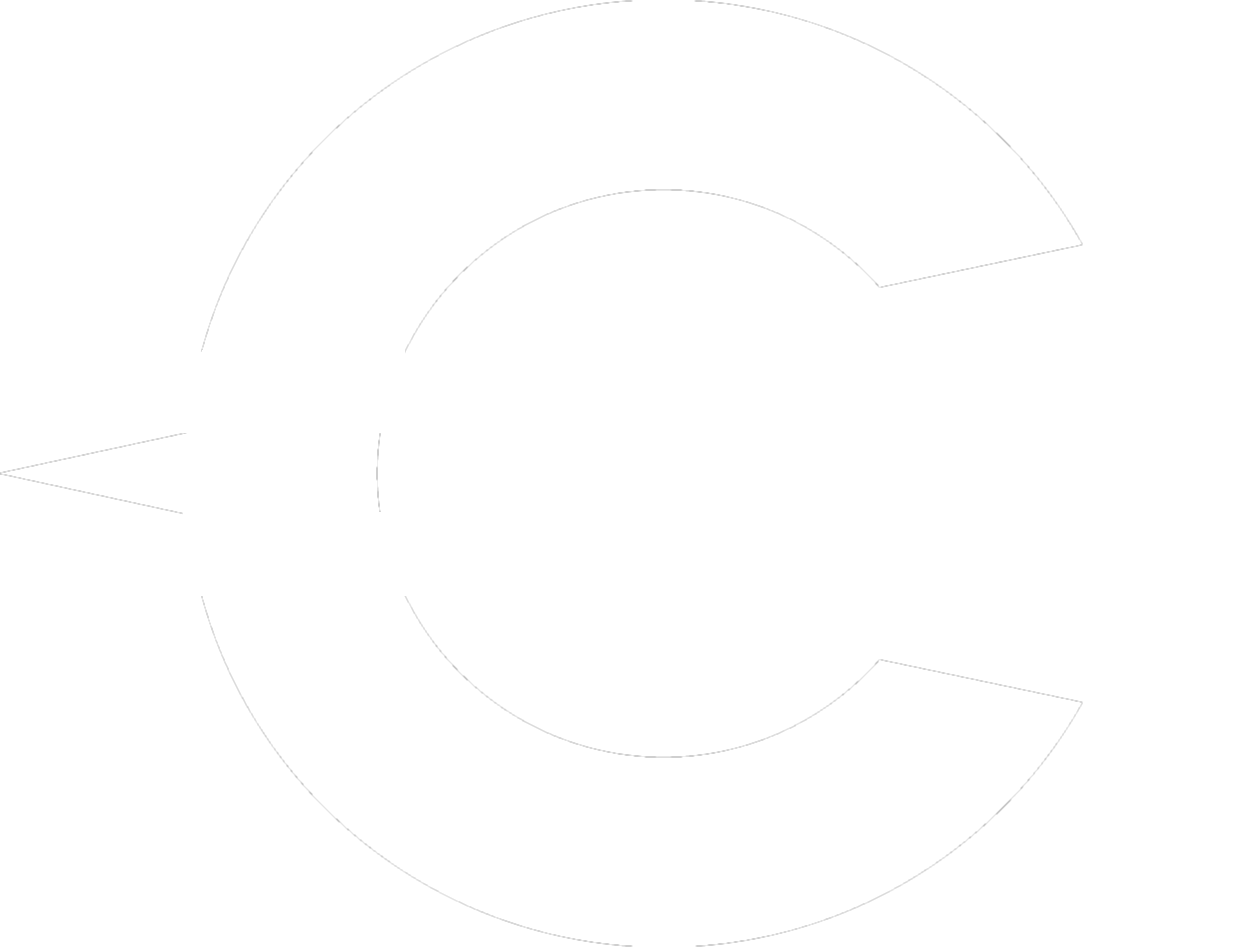Smartly growing the university’s IT capabilities

Any large institution today could not function without adequate information technology (IT) — which is the core of the work done by Instructional and Information Technology Services (IITS).
“We provide the university with all IT services, from desktop support all the way up to application support,” says Alex Aragona, who began as acting associate vice-president of information systems and CIO in March 2019.
“We manage all enterprise applications and collaboration tools, and we also make sure that all network connectivity — including wireless connection — is consistent across all campus buildings. We’re also responsible for information security — cybersecurity,” he says.
“IITS is the hub of all of the university’s technical initiatives.”
Two major projects kept IITS busy in 2018-19.
“We kicked off our Human Resources and Financial Services Renewal Project, which we call Project Unity,” Aragona reports. The renewal project will focus on improving processes, internal collaboration, service and technology for Concordia’s Human Resources and Financial Services and shift the stored information to the cloud.
“We also initiated a new customer relationship management system for the University Advancement unit. The previous system had a financial focus, while the new system is geared toward campaign and fund management,” he says.
The new database better suits University Advancement’s current needs as it progresses through The Campaign for Concordia, the university’s $250 million fundraising effort.
“It’s really significant for us and the university because it updated an older system and will improve our fundraising efficiency,” Aragona says.
In collaboration with the Digital Strategy team, we’re helping Concordia transform as a next-generation university
IITS collaborated with its partners to start delivery on a number of other projects, such as the new Concordia Hub, which will create a single online entry point for faculty, staff and students to receive personalized information. “Not only will the hub provide for a single entry point but it will transform how the community interacts with our systems and searches for information. The Digital Strategy team has done a good job of listening to the community, and we are now ready to start implementing these needs,” Aragona adds.
“We were also able to launch a new research support service helping our research community securely store data and assisting them through the process.”
The sector also moved into year two of Concordia’s Digital Strategy. “In the first year we gathered information, and this year we began to take that information and transform it into projects. In collaboration with the Digital Strategy team, we’re helping Concordia transform as a next-generation university,” he says.
Continuing its work
In 2018-19, IITS kept up with its ongoing projects and workload. It answered 61,294 requests, supported 896 events and launched three new services for the research community, among many other tasks.
“We continued with our computer refresh programs, which allow community members to update their technology. We also upgraded 4,000 computers to keep our technological environments current. We continued to refresh classrooms and AV as well,” Aragona reports.
“IITS can offer storage, hosting or virtualized research environments. The team also provides consultation services to assist with the selection of technical and software applications and liaise with various IT teams,” Aragona says. “Many times researchers are faced with technology choices. We are here to help make their choices easier, so they can focus on what is important.”
The team is looking forward to further advances in the next year under the leadership of France Bigras, who stepped in as the university’s new chief information officer in summer 2019.



